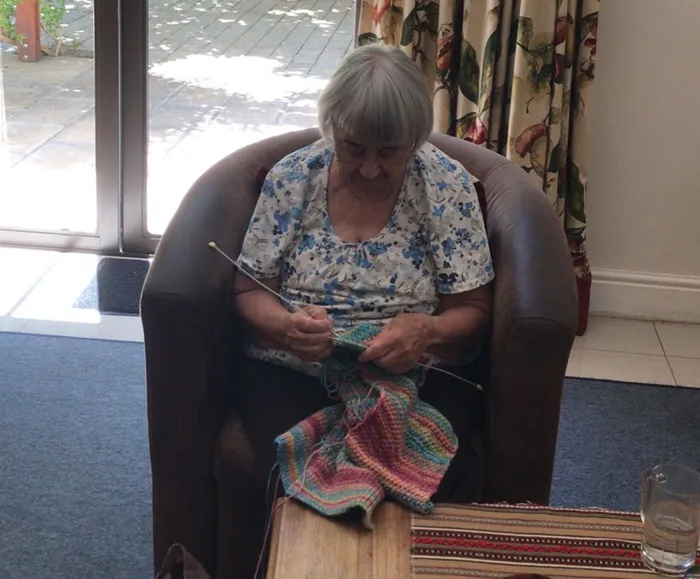Elderly will get Covid jab after health-care workers

The elderly will be included in the second phase of the Western Cape’s Covid-19 vaccindation campaign.
The elderly will be among about two million people vaccinated in the second phase of the Western Cape’s Covid-19 vaccination programme, and Cliff Smit intends being one of them.
Mr Smit, who lives in Princess Christian Home in Tokai, said anything that reduced the fear surrounding Covid-19 was welcome.
The first consignment of one million Covisheld vaccines arrived in the country this week. The vaccines will be kept in cold storage while samples are checked for quality before being distributed to provinces. This could take up to three weeks.
Mark van der Heever, spokesman for the provincial Department of Health, said some 105 000 public and private health-care workers would be in the first phase of the vaccination drive.
“In phase 2, we estimate vaccinating two million essential workers, people in congregate settings, and vulnerable groups including people older than 60, and anyone older than 18 with high-risk comorbidities,” he said.
In phase 3, a further 2.9 million people, over the age of 18 will be vaccinated.
The national government is planning to vaccinate about 40 million people, or 67% of the population, by the end of the year. This is to help build herd immunity.
Paddy McPherson, of Cape Peninsula Organisation for the Aged (CPOA) in Diep River, said most of the residents she had canvassed on Friday January 29 had said they would have the vaccine.
“Some say they are not keen in case of a reaction whereas a few said it was wasted on elderly people and some saying no because they were afraid,” said Ms McPherson.
Covishield is the trade name for the Oxford-AstraZeneca vaccine. It is being produced by the Serum Institute of India, which makes 60% of the world's vaccines and is home to half a dozen major manufacturers.
The jabs are 70% effective in preventing the coronavirus. Two shots are required, the second needs to be given 12 weeks after the first one. It is a vector vaccine, which means that it is not the virus that causes Covid-19 but a different, harmless virus that will enter a cell in our body and then use the cell's machinery to produce a harmless piece of the virus that causes Covid-19.
Gary Reed, of Evergreen Bergvliet retirement home, said they had closed their doors one week before lockdown and were not allowing anyone in except emergency services.
Mr Smit said Princess Christian Home had 40 rooms for the old and frail and 40 apartments for people over the age of 65 who live independently in the village.
“The home is on full lockdown, and we’re restricted to limited outside trips and visits by family,” he said.
Ms McPherson said CPOA residents kept in touch with family and friends by phone and email. “We have a knitting circle once a week and a movie once a fortnight. Our restaurant is open for lunch, with two only at a table, and we have a coffee lounge. We’re fortunate that we can walk outside our premises.”
Mr Smit said he would have gone mad if not for television. “We only see one another when collecting our takeaway food from the kitchen, which is delivered to our foyer. We are asked not to socialise in one another’s apartment and to keep the numbers down. Married couples at least have someone to talk to, but others are all alone.”
President Cyril Ramaphosa has stressed that getting a jab would be voluntary and that South Africans will not be forced to take a Covid vaccine.